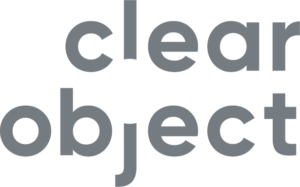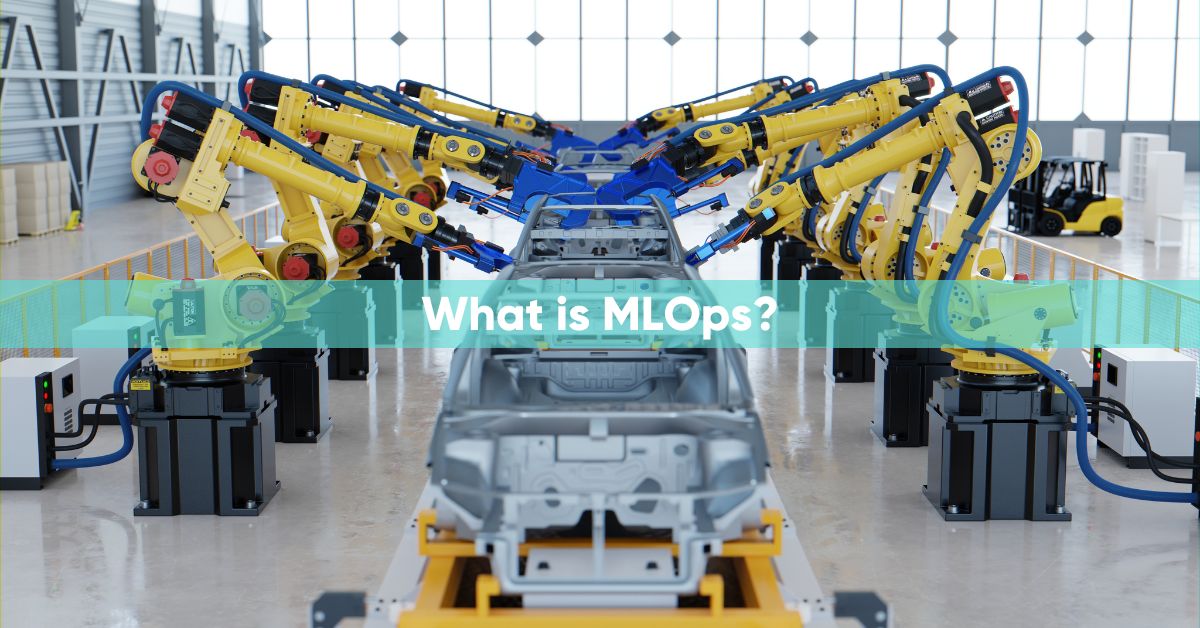MLOps, or Machine Learning Operations, is the application of software engineering best practices like DevOps to the development, testing, and deployment of machine learning models. It aims to improve the resiliency and adaptability of machine learning models in production while also increasing the speed of creating and deploying new models.
Is MLOps different from Agile or DevOps?
MLOps is a natural continuation of the evolution of software development methodologies like Agile and DevOps as it applies to developing machine learning models.
The Agile manifesto, written in 2001, was a set of principles that kicked off a wave of change in software development methodologies over the last two decades. At its core, the authors of the Agile manifesto were trying to determine what processes and principles resulted in truly useful software. Teams learned to collaborate closer with customers, adapt quickly to inevitable changes in requirements, and to measure success by user outcomes rather than adherence to a specifications sheet.
While Agile methodologies like Scrum did certainly lead to more effective software development approaches, the evolution of software operations did not start until almost a decade later. DevOps took some of the principles from Agile like continuous feedback & collaboration with customers and added in operational principles from lean manufacturing. Rather than having development teams only collaborate with their customers, they began collaborating closely with their software operations colleagues as well. And like in lean manufacturing, DevOps practitioners began focusing on automated tooling for production deployment and constant monitoring of their systems. The resulting landscape included combined software teams with both development & operations skillsets, continuous integration pipeline tooling, and test-driven development processes – whereby automated tests are developed even before the functional code is written.
The principles of DevOps can be applied widely to other areas related to software systems, and one of those areas that has seen increasing interest is the development of machine learning models. As the field of data science has progressed, artificial intelligence is becoming increasingly embedded into software systems. The work of data scientists and data engineers is often more experimental and data-focused than their software engineering counterparts, but many of the best practices from DevOps remain. MLOps aims to enable data scientists & data engineers to more rapidly train, iterate upon, and deploy new models to production in a reliable manner.
Agile asks “How can I efficiently build software that is useful?”
DevOps asks “How can I deploy & maintain operating software in a more reliable manner?”
MLOps asks “How can I deploy & maintain machine learning models in a more reliable manner?”
What is the buzz about?
Artificial Intelligence has seen massive investment growth in recent years. In 2021 alone, $81 billion dollars of venture capital were invested in North American AI companies, accounting for about 20% of all venture investments [ref.]. With such a large increase in the utilization of AI comes a need for better managing the development & deployment of new machine learning models, which is what MLOps aims to improve.
ClearObject helps organizations both adopt AI-powered solutions and incorporate MLOps best practices to ensure that our customers can efficiently scale their businesses through their deployed AI solutions..
Spotlight on ClearVision (MLOPs for Vision AI)
Through development and successful customer deployments, ClearObject has developed a deep technical competency in computer vision MLOps. ClearObject’s ClearVision platform provides a place for managing vision-based machine learning models and associated edge systems.
To ensure our customers maximize the value of their AI vision solutions, ClearObject provides end-to-end implementation services for Vision AI solutions in many industries including manufacturing & field inspections.
These end-to-end implementation services include:
1) providing & installing hardware
2) developing & deploying custom machine learning models
3) setting up model & device monitoring within the ClearVision platform providing our customers real-time visualization and analytics on their operations and processes.
Learn more about ClearVision

